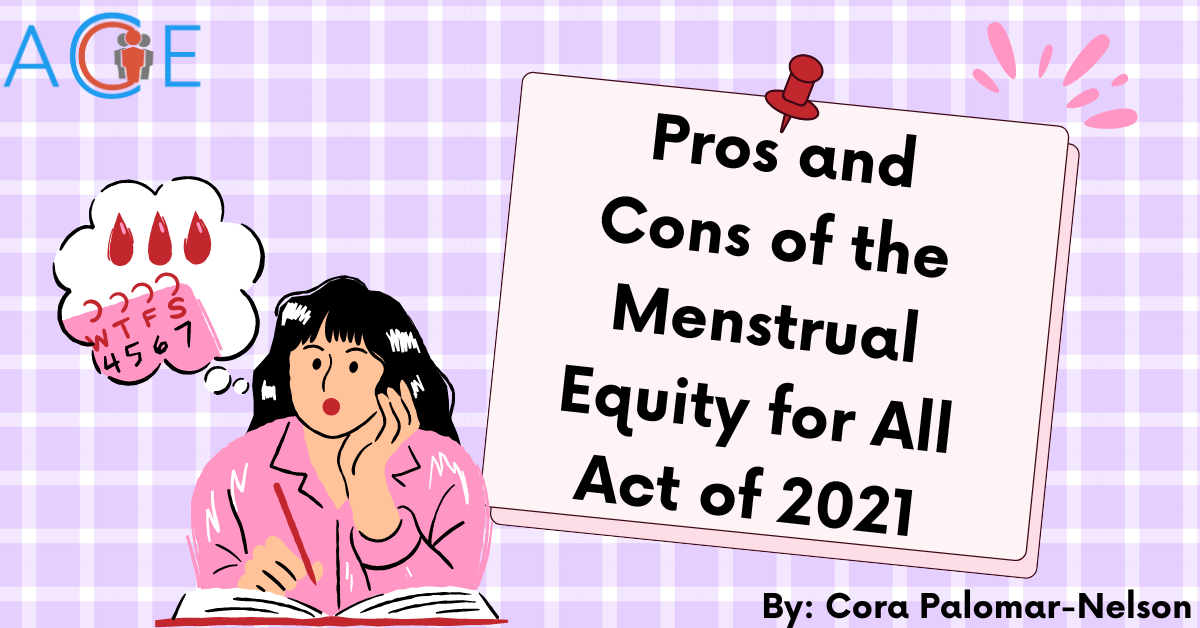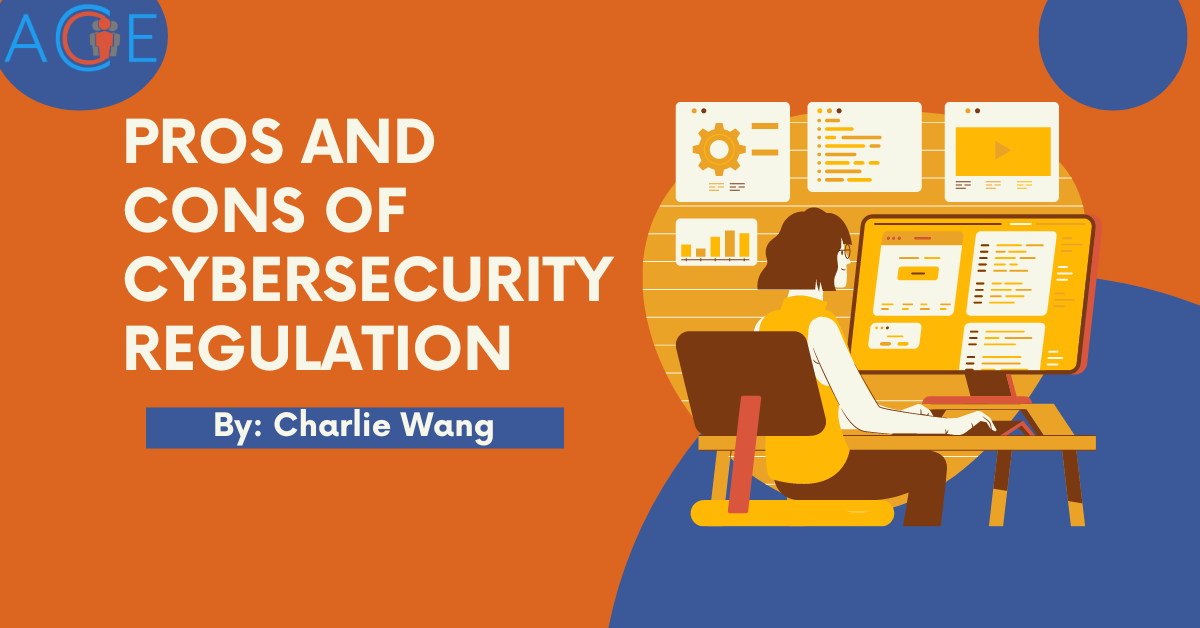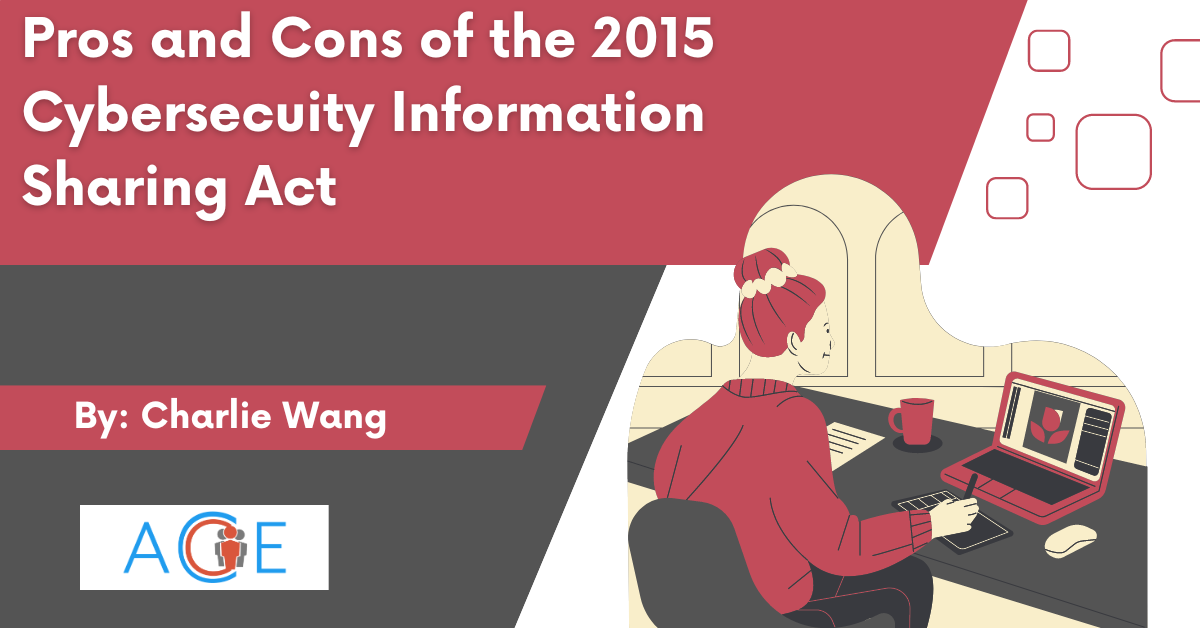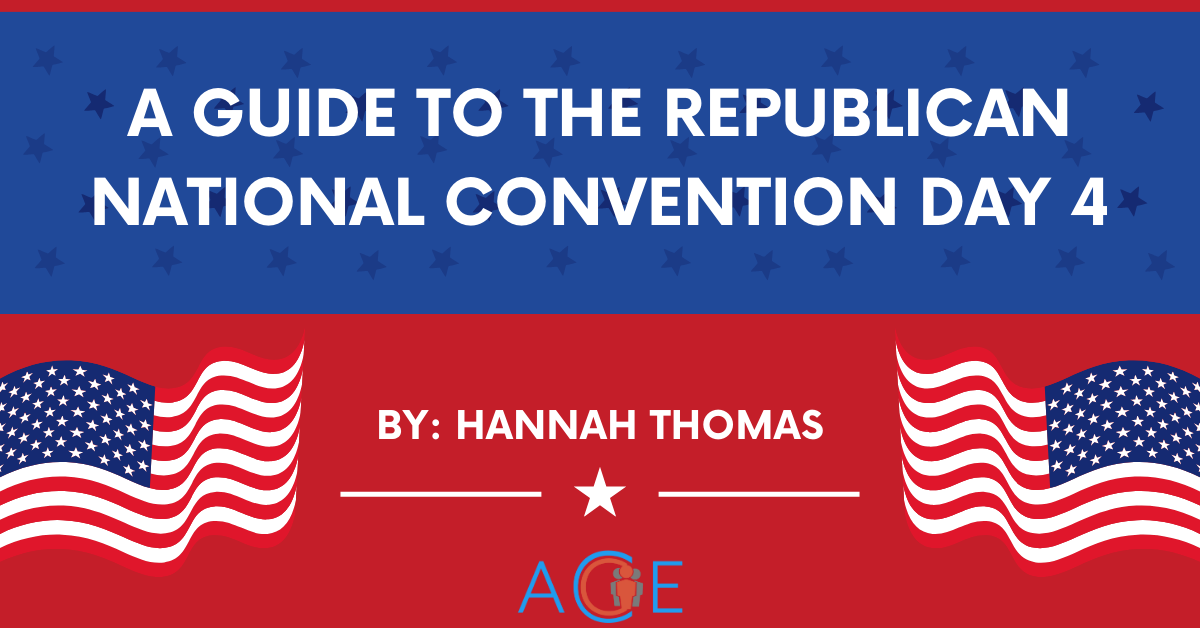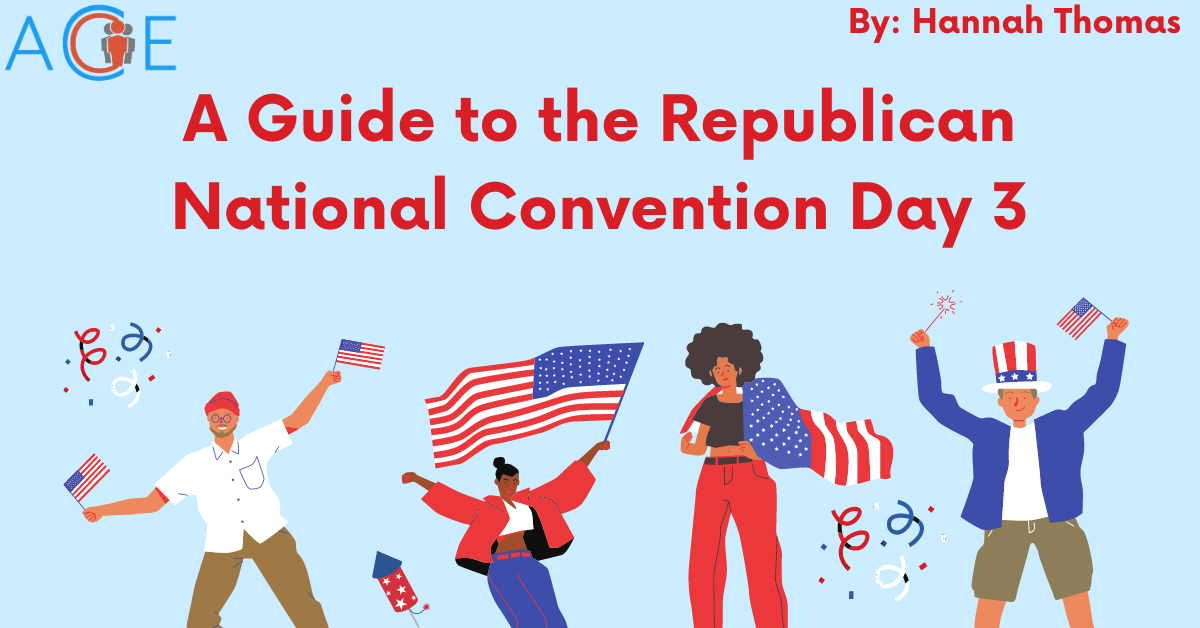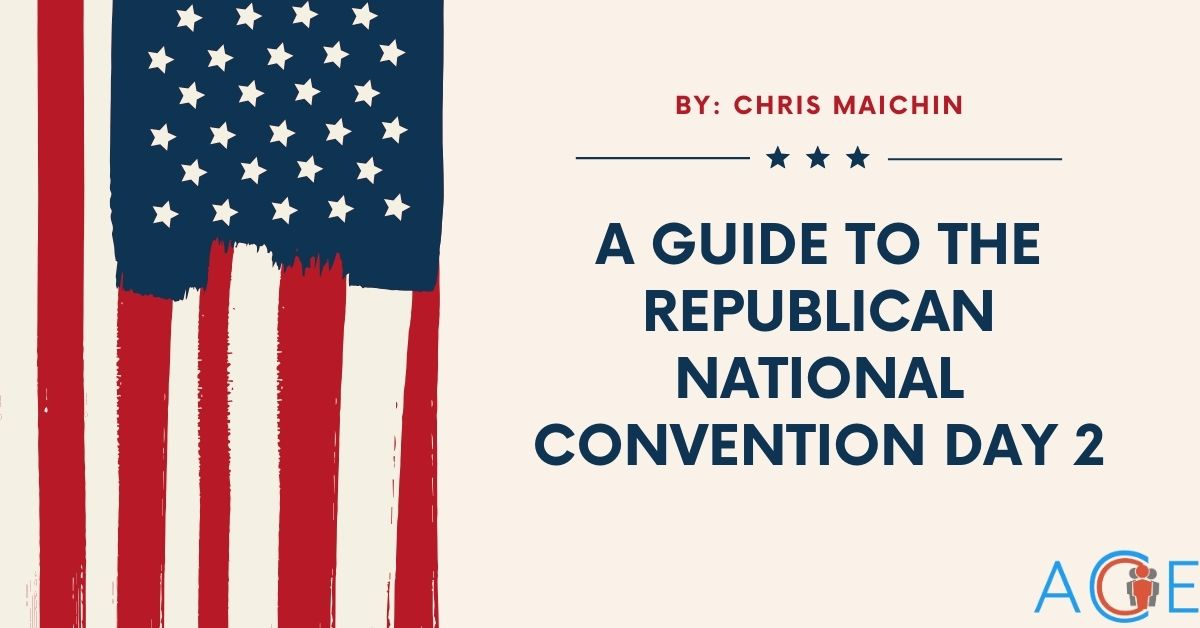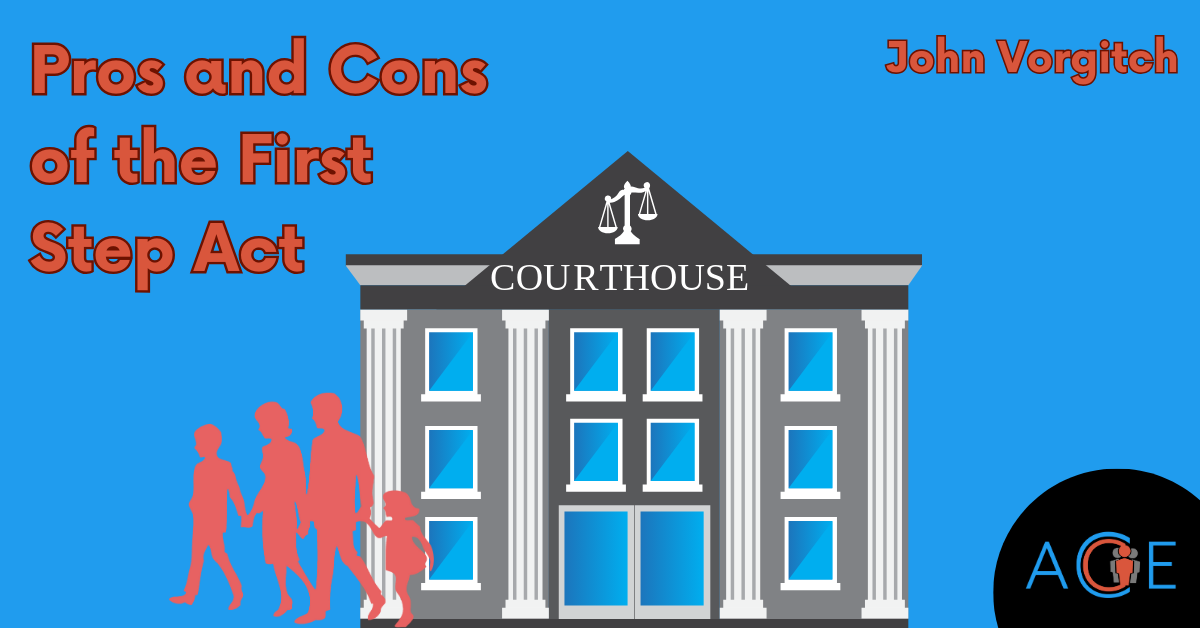What is Menstrual Equity and Period Poverty?
Menstrual equity and period poverty are two global issues rooted in accessibility and affordability of menstrual products and reproductive healthcare. Prior to the COVID-19 pandemic, 4 in 5 students in the United States knew someone who missed school due to struggles in attaining menstrual products. A second study found that almost half of all Black and Hispanic students in the U.S. struggle to access period products, compared to about 28% of their white peers. While period poverty is a particular challenge for students, it also impacts incarcerated populations and the homeless. Without proper supplies, menstruating people face increased physical and psychological health risks, social challenges, and barriers to education. The goal of menstrual equity is to promote free, equal distribution of menstrual products to all people who need them, both in the United States and around the world.
Menstrual Equity for All Act of 2021
Introduced by U.S. representative of New York, Grace Meng, the Menstrual Equity for All Act of 2021 aims to increase affordability and accessibility of menstrual products for all people, including those in detention facilities, federal public buildings, educational institutions, and for individuals facing homelessness and/or poverty. The goals of the act are as follows:
- Encouraging the state to provide free menstrual products in public schools.
- Encouraging colleges and universities to establish pilot programs that provide free menstrual products in all bathrooms.
- Requiring that all incarcerated people in federal, state, and local institutions, including those held in immigration detention centers, have access to free menstrual products.
- Allowing homeless assistance providers to use funding for menstrual products.
- Requiring Medicaid to cover the cost of menstrual products.
- Encouraging employers of over 100 people to provide free menstrual products in the workplace.
- Requiring all federal public buildings to provide free menstrual products.
Those who most benefit from the act include all people who menstruate, with a particular focus on low-income populations, incarcerated people, the homeless, women of color, and students.
Financial Benefits and Economic Setbacks
Supporters of the Menstrual Equity for All Act argue that the legislation increases the accessibility of menstrual products for all people in the United States. A woman, on average, gets about 450 periods during her lifetime, which adds to about $9,000 spent on menstrual products over the course of her life. Since most men do not menstruate, the cost of period products, coupled with the pay gap and the pink tax, create a problem of gender inequality. By providing free menstrual products to populations most in need, the Menstrual Equity for All Act of 2021 has the potential to alleviate the financial burden of purchasing products and increase school and work attendance rates for low-income individuals.
However, many view menstrual products as outside the scope of government spending, and believe the funds could be better used elsewhere. They argue that $9,000 over the course of a lifetime is a drop in the bucket in comparison to the gender pay gap, and that other issues should be the focus of gender equality policies.
In addition, critics believe that the legislation fails to address the source of funding for free products and their distribution. For example, the act does not ensure that government insurance and assistance programs are covering the costs of menstrual products. As a result, individuals dependent on government housing, food, and income support, despite being the most in need population, will be the least likely to reap the benefits of the Menstrual Equity Act. Furthermore, the legislation does not include a plan to ensure equitable financial distribution of funding to all school districts for menstrual products. Without a government-controlled source of funding, wealthier school districts with higher tax support will be able to consistently provide better menstrual products than school districts in low-income neighborhoods.
The Impacts of the Act on Criminal Justice Reform
Many incarcerated individuals report that purchasing menstrual products on a prison salary of between $0.14 and $0.63 an hour is a challenging feat. The Menstrual Equity for All Act of 2021 mandates that all federal, state, and local incarceration institutions must provide free menstrual products to all menstruating inmates. By erasing the cost of menstrual products, supporters claim that all detained people will have the equal ability to practice adequate hygiene and maintain their reproductive health. With access to the products they need, the act establishes financial equality among inmates and is believed to support mental health.
Although supporters present the mental health benefits of free menstrual products in detention facilities, critics argue that the process of distributing products is unclear and could do more harm than good. The Menstrual Equity for All Act does not provide specific guidelines as to when and how often menstrual products will be given to inmates. Second, in detention facilities that have already instituted Meng’s menstrual equity plan, studies have found that there has not been significant improvement in the physical or mental health of inmates. Due to the low quality of free menstrual products, most women still purchase their own menstrual supplies from the prison commissary. In one Maryland prison, due to the low absorbency of free products provided, incarcerated people often turned to rags or mattress stuffing as alternatives, which increases the risk of dangerous physical and mental health issues, and widens the socioeconomic gap between inmates.
Menstrual Stigma and Health Awareness
Period poverty and menstrual equity are topics often considered taboo. Supporters of the Menstrual Equity for All Act of 2021 believe that the legislation will decrease period stigma by encouraging both politicians and lay citizens to have open conversations about the accessibility and affordability of menstrual products in the United States. Additionally, providing free products in schools is a gateway to having conversations about menstruation, reproductive health, and hygiene in health education classes. One study conducted in Hawaii found that providing free menstrual products in school bathrooms increased student confidence and allowed students to focus more on school.
Nevertheless, critics state that the Menstrual Equity for All Act of 2021 does not sufficiently address the issue of period poverty in the United States. By leaving the Act’s implementation up to the decision of individual states, menstrual insecurity and period poverty will not be equitably and uniformly addressed across the country. School districts, detention facilities, and homeless shelters with the most funding will receive the greatest benefits from the act, while communities facing higher concentrations of poverty will not have consistent access to period products. Therefore, critics argue that one’s access to the benefits of the Menstrual Equity for All Act is dependent on their wealth, which directly contradicts the inclusive mission of the legislation.
